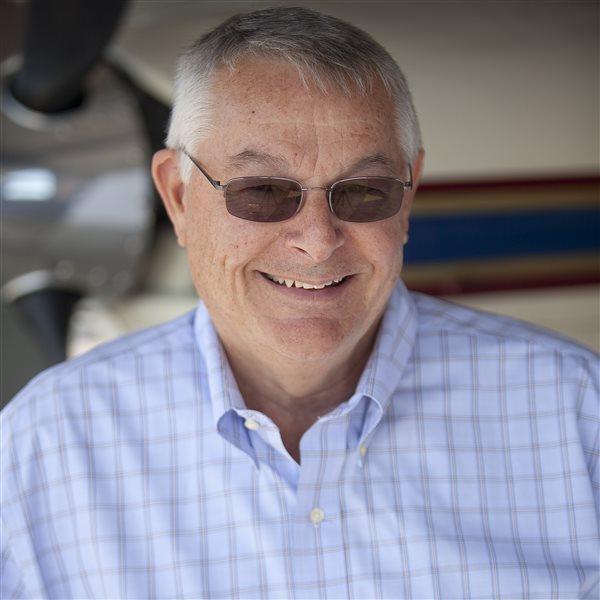An attorney for Lycoming Engines said the company will appeal an $88.7 million jury verdict in a Philadelphia court regarding a 1999 crash of a Piper Cherokee Six at North Lima, Ohio.
“Lycoming is disappointed with the verdict, particularly given that the National Transportation Safety Board in its investigation of this accident found that the accident and the regrettable loss of life had absolutely nothing to do with Lycoming’s engine. Lycoming will take the necessary legal steps for review in the trial court and pursue an appeal to overturn an unwarranted verdict,” said attorney James Robinson of Cozen O’Connor.
The NTSB assigned a probable cause to the accident on Dec. 4, 2000. “The National Transportation Safety Board determines the probable cause(s) of this accident as follows: The pilot’s loss of control of the airplane during a turn. Factors include the pilot’s failure maintain sufficient airspeed, and his failure to maintain the airplane in proper trim,” the report said.
The original NTSB report indicated the aircraft had stopped at Youngstown Elser Metro Airport near North Lima on a flight from Oshkosh, Wis., to Pottstown, Pa. The crash on departure after refueling killed four of the five people onboard. The fifth survived and testified that the engine sounded as normal and consistent as it had during the entire trip right up to impact. An eyewitness on the ground told NTSB the engine was heard “roaring” prior to impact. The passenger also described a turn after takeoff that was nose high and coincided with loss of altitude.
Textron, the parent company of Lycoming, had this to say about the case in a routine April 30 filing with the Securities and Exchange Commission: “On April 6, 2010, a jury in the Philadelphia Common Pleas Court returned verdicts against Avco Corporation, which includes the Lycoming Engines operating division, for $24.7 million in compensatory damages and $64 million in punitive damages in an aviation products liability case involving a 1999 accident. Judgment has not been entered pending post-trial motions. While the ultimate outcome of the litigation cannot be assured, we strongly disagree with the verdicts and intend to appeal the verdicts if our post-trial motions are unsuccessful. We believe that it is probable that the verdicts will be reversed through the appellate process.”
The aircraft that crashed was built in 1968. Lycoming sold the engine to Piper in 1967.
The attorney representing the plaintiffs was Arthur Alan Wolk, who issued a statement on the case.
The jury came back 10 to 1 on the case, finding the product defective, Lycoming Engines negligent, and the conduct meritorious of punitive damages, according to the verdict sheet, Wolk said. It found pilot Lendon Pridgen was not negligent and found Lycoming Engines was 100 percent negligent, he added.
Wolk said the case could have been settled for “a fraction of the verdict.” He said the offer prior to and during the two-week trial was $75,000.



